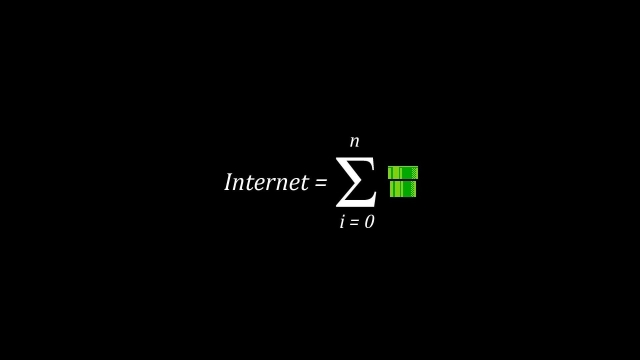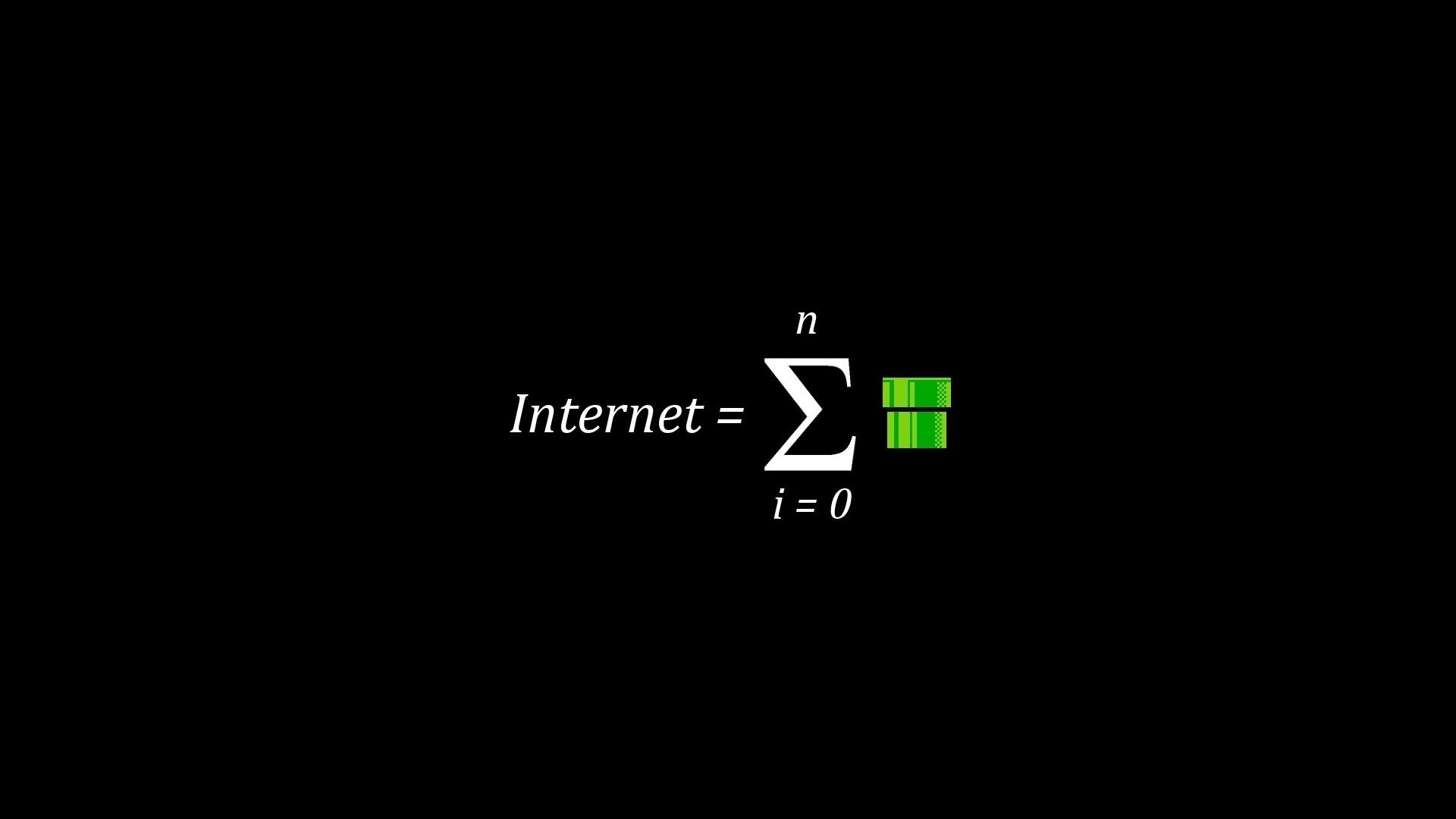
Unlocking the Magic of Numbers: Exploring the Wonders of Mathematics
Welcome to the enchanting world of mathematics, where numbers come alive and reveal their hidden wonders. From the intricate patterns found in nature to the complex algorithms that power our digital age, mathematics is the universal language that connects every aspect of our lives. It is a discipline that captivates the curious minds, offering a gateway to understanding the mysteries of the universe.
At its core, mathematics is more than just a collection of formulas and equations; it is the art of discovering patterns, analyzing structures, and solving intricate puzzles. With its roots stretching back to ancient civilizations, mathematics has evolved over centuries, constantly pushing the boundaries of human knowledge. From the early discoveries of ancient mathematicians like Pythagoras and Euclid to the ground-breaking theories of modern visionaries like Isaac Newton and Albert Einstein, the journey of mathematics has been a remarkable one.
Through the magic of mathematics, we unlock the secrets of symmetry, explore the infinite realm of numbers, and delve into the realms of calculus and geometry. Whether we are navigating the intricacies of finance, unraveling the mysteries of the natural world, or designing awe-inspiring architectural masterpieces, mathematics provides the foundation upon which countless fields are built. From our everyday lives to the most groundbreaking scientific discoveries, mathematics lies at the heart of it all.
Join us as we embark on a voyage through the enchanting landscapes of mathematics, where the beauty of numbers unfolds and the power of logic reigns supreme. Let us marvel at the wonders that mathematics offers, as we unravel its mysteries and discover the limitless possibilities it holds. From the elegance of prime numbers to the intricate symmetries of fractals, together, we shall traverse the realm of mathematics and unlock the magic that lies within.
The Beauty of Patterns
Mathematics is a realm filled with captivating patterns. These intricate arrangements of numbers and shapes offer us a glimpse into the underlying harmony of the universe. From the graceful spirals of the Fibonacci sequence to the mesmerizing symmetries found in fractals, patterns in mathematics hold an allure that continues to fascinate both mathematicians and non-mathematicians alike.
One of the most enchanting aspects of patterns in mathematics is their ability to provide us with insights into the world around us. Nature, in all its intricate complexity, often follows mathematical patterns. The branching of trees, the formation of galaxies, and the arrangement of petals on a flower all exhibit mathematical regularities. By recognizing and studying these patterns, mathematicians can unlock a deeper understanding of the underlying principles that govern the natural world.
Patterns in mathematics also have practical applications that extend far beyond the realm of theory. They can be found in architecture, design, music, and even in the algorithms that power our modern technology. Discovering and utilizing these patterns allows us to create innovative solutions to real-world problems, pushing the boundaries of what is possible.
As we delve into the wonders of mathematics and explore its patterns, we embark on a journey that challenges our perception and expands our horizons. The beauty of patterns lies not only in their aesthetic appeal but also in their ability to illuminate the mysteries of our existence, connecting the seemingly disparate realms of art, science, and the natural world. So let us embrace the magic of numbers and unlock the secrets that lie within the captivating patterns of mathematics.
Real-World Applications
Mathematics plays a pivotal role in various real-world applications. From everyday activities to complex scientific endeavors, its principles and concepts underpin countless aspects of our lives. Let’s explore some fascinating ways in which mathematics finds practical use.
1. Finance and Economics
Mathematics is essential for managing personal finances, analyzing investment strategies, and understanding economic trends. Financial institutions heavily rely on mathematical models to calculate interest rates, forecast market behavior, and assess risk. In daily life, individuals use mathematics to budget expenses, calculate interest on loans, and make informed financial decisions.
Reserve Your Spot

2. Engineering and Architecture
Mathematics provides the foundation for engineering and architecture, enabling the design and construction of structures and infrastructures. From calculating load-bearing capacities to designing efficient transportation systems, engineers use mathematical principles such as calculus, geometry, and algebra to ensure the safety, stability, and functionality of their projects.
3. Data Analysis and Statistics
In the era of big data, mathematics plays a crucial role in extracting meaningful insights and making informed decisions. Statistical analysis uses mathematical techniques to collect, interpret, and present data, enabling us to identify patterns, trends, and correlations. This knowledge is applied in various fields, including healthcare, marketing, social sciences, and environmental studies.
Mathematics transcends the realm of theory, finding practical applications in numerous disciplines. Its influence extends far beyond the confines of academia, touching our daily lives in profound and often unseen ways. By unlocking the magic of numbers, we can continue to explore the wonders of mathematics and harness its power to shape our world for the better.
The Language of the Universe
Numbers, the very foundation of mathematics, hold the key to understanding the intricate language that the universe speaks. From the graceful spirals of seashells to the majestic patterns of galaxies, mathematics unveils the beautiful symphony of nature’s design.
In the realm of physics, equations serve as the common vocabulary connecting various phenomena. Mathematics acts as the translator, allowing scientists to decipher the hidden messages woven into the fabric of reality. Through mathematical models, we can explore the behavior of particles at unimaginably small scales or predict the movement of celestial bodies with astonishing accuracy.
But mathematics is not limited to the physical realm. It stretches its influence across multiple domains, including economics, engineering, and even music. Concepts like calculus, statistics, and algebra shape our understanding of data analysis, financial markets, and the harmonious composition of melodies.
Furthermore, mathematics offers us the power to solve profound mysteries that lie beyond the reach of empirical observation. It allows us to navigate abstract concepts and construct logical arguments, enabling advancements in philosophy, computer science, and cryptography. Through its language, mathematics empowers us to delve into realms that exist beyond what our senses can perceive.
In conclusion, mathematics serves as the universal language, transcending boundaries of culture and time. Its all-encompassing nature grants us the ability to unlock the mysteries of the universe, enabling progress in various fields of study. By delving into the wonders of mathematics, we open ourselves to a world of infinite possibilities, where the magic of numbers reveals the secrets of existence.



